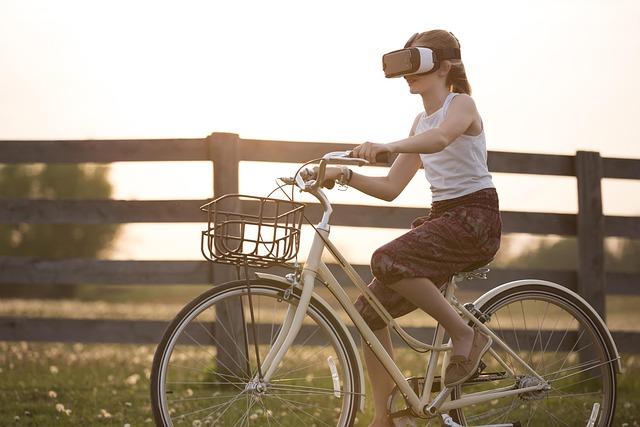Exploring Virtual Tours: A Digital Path to Knowledge Building in Online Education
In today’s fast-paced digital world, online education has transformed the way we learn and acquire knowledge. One of the most innovative enhancements to this evolving landscape is the use of virtual tours. These immersive experiences offer an exciting gateway to knowledge building, presenting learners with opportunities to explore, engage, and interact with environments and subjects that spark their curiosity.
Imagine strolling through the halls of a renowned museum, witnessing masterpieces up close, or walking through ancient ruins as if you were there in person—all from the comfort of your own home. Virtual tours choreograph elements of real-world experiences into digital formats, effectively bridging gaps in traditional education systems. They allow students to venture into places that may have been previously inaccessible, promoting a more engaging and lively approach to learning.
With the integration of virtual tours, online education breaks the confines of a physical classroom. Students can now embark on learning journeys that transcend geographical boundaries. Whether it’s exploring the depths of a rainforest or diving into the intricacies of a historic city, these tours encourage exploration and discovery. This dynamic approach instills a sense of wonder and encourages students to connect with their subjects, making the knowledge building process more relatable and fun.
Beyond mere observation, virtual tours often incorporate interactive elements that actively involve learners. Participants can ask questions in real-time, collaborate with peers, and contribute their insights, fostering a sense of community within an otherwise solitary online environment. This collaboration enhances the learning experience, encouraging students to share perspectives and interpretations that enrich their understanding. When students feel part of something larger, the knowledge they build becomes not just theirs, but a shared tapestry woven from countless viewpoints.
Furthermore, the flexibility of virtual tours aligns well with the personalized nature of online education. Students can revisit experiences, take their time to absorb information, and engage with materials in a manner that suits their individual learning styles. This adaptability promotes deeper understanding and retention, making knowledge more accessible and meaningful.
The power of virtual tours in online education serves as a testament to how technology can revolutionize the learning experience. By creating digital paths to knowledge that are immersive, interactive, and inclusive, educators are refining the art of teaching and empowering learners. As we venture further into this digital age, the opportunities for knowledge building through virtual tours are as limitless as the imagination itself.




